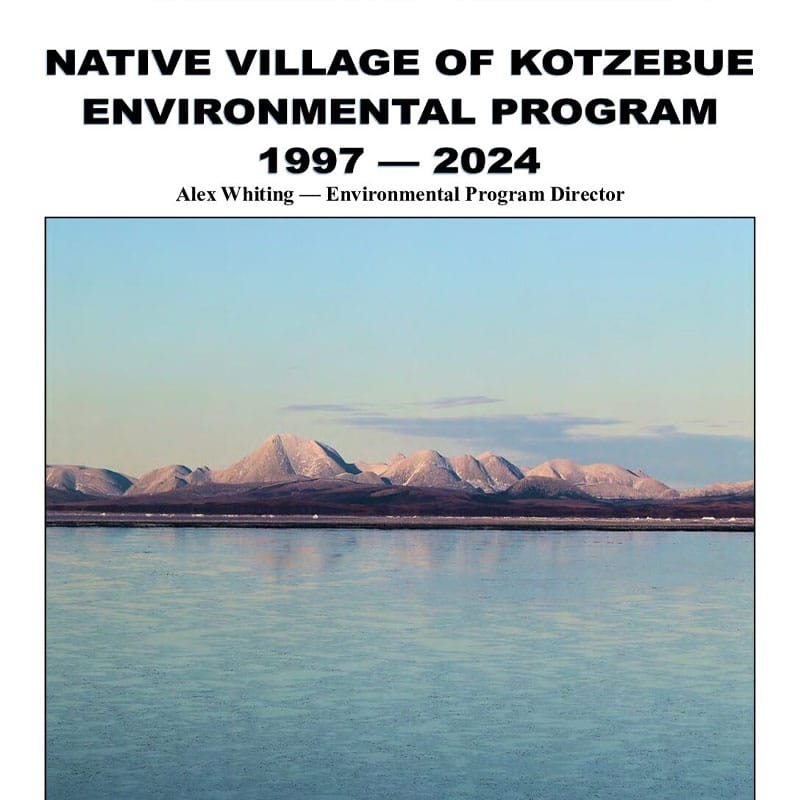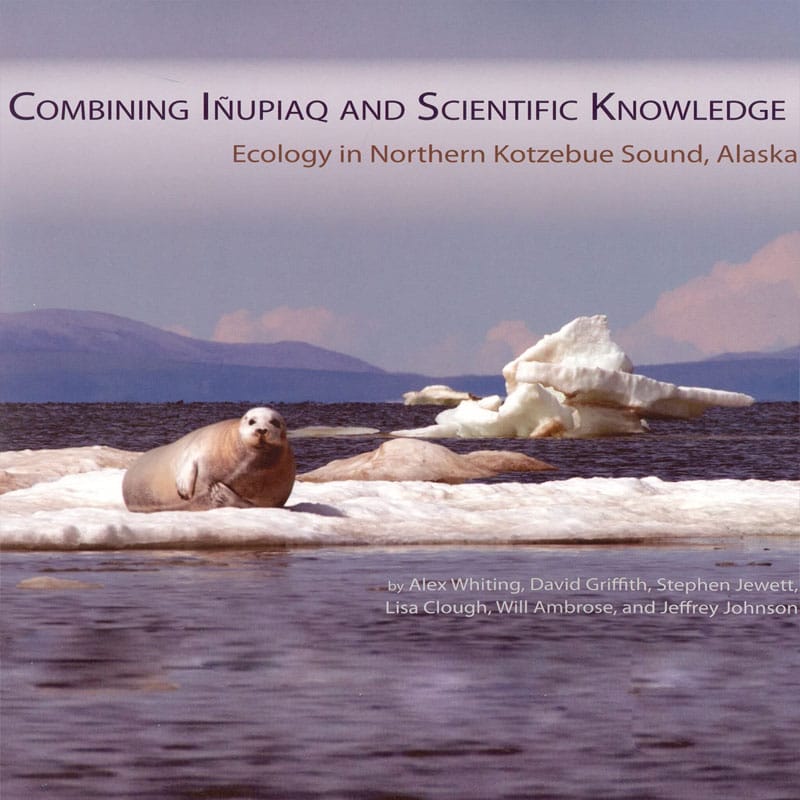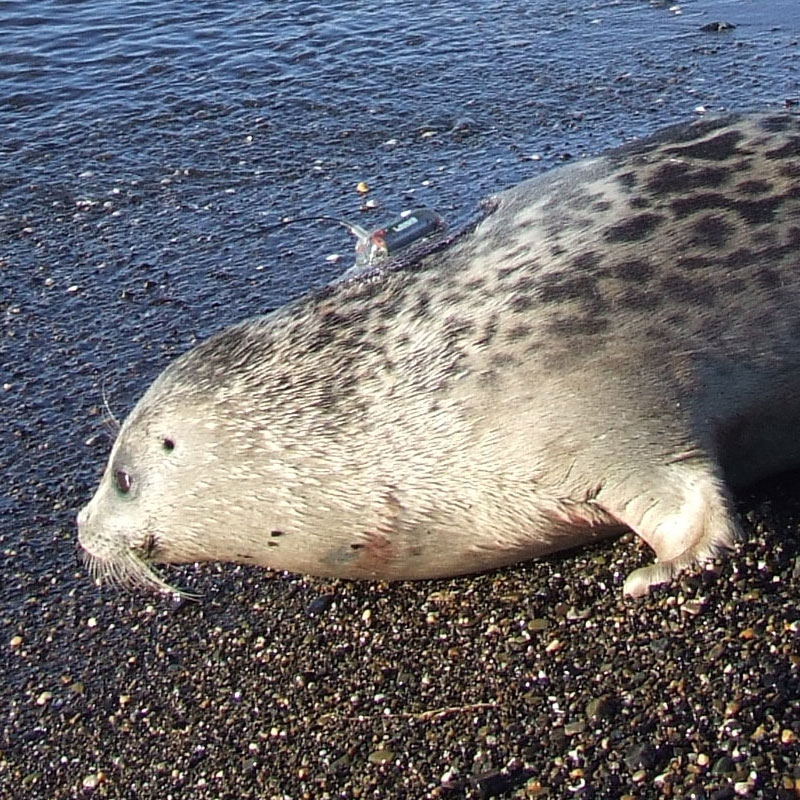The Tribe has participated in the U.S. EPA Indian Environmental General Assistance Program (IGAP) since 1997, when the current Environmental Program (EP) Director Alex Whiting (ED) was hired to develop the program for the Tribe. The EP has focused on building the necessary capacity to address the environmental needs of our citizens.
Overview
Priorities were developed during the first year of the Tribes GAP grant in 1998 after surveying our citizenship and Tribal Council about their concerns and areas to focus on. A Tribal environmental action plan was developed and instituted after the survey was completed. The Tribes EP has continued to focus on these initial areas and broaden the scope as progress on these topics has been made and as new concerns were brought to light, or given a high priority by the citizenship and Council. Building the capacity of the Tribe to direct research projects (including building a large cadre of tribal citizens that are essentially professional research technicians) and apply for and administer project specific grants, has allowed for much progress to be made addressing tribal environmental priorities.
Through our program we are able to educate and inform our citizens about issues concerning their environment and to advocate on issues/projects that will impact their future environment. It is critical that the tribal voice and perspective be inserted into the discussions, decisions and processes carried out by agencies, both federal and state, as they move forward with their missions.
It is also important to be able to influence agencies and academia as they carry out research and attempt to represent tribal culture, perspectives, and priorities through specific projects and subsequent publication of findings. To this end the ED created and implemented through Ordinance, a locally relevant research protocol with accompanying research project questionnaire. This allows for a consistent approach to interacting with researchers and provides for a way to track project results and hold researchers accountable for their actions and commitments to the community. It also benefits both parties by dealing with the mutual expectations and commitments upfront during project development.
Increasing the ability through continued experience reviewing and commenting on NEPA documents to advocate for the Tribal environment when development project and management plans are drafted, has also paid dividends through mitigation measures or project design changes that have been included in the final documents, in part due to Tribal comments. Without the EP, the Tribes ability to effectively have a voice during these processes would be limited.
The Tribe continues to support research into understanding climate change and its effects, and has contributed to the international understanding of this issue and its impacts on indigenous communities of the Arctic. Creating awareness of the importance of the environment and the reliance on it for which our citizens depend for their cultural, nutritional, and spiritual survival is very valuable for consideration of these needs when policy makers and others make decisions that affect the environment of our citizens and their relationship with it.
In summary, the greatest impact of the EP is the ability of our Tribe to build the capacity to be able to be actively involved in the many issues of environmental policy, raise environmental awareness, and to carry out project specific grants to proactively deal with the environmental needs of our Village.
The EP has achieved an influential presence in both the scientific research and federal policy arena. Most recently in 2018 the Harvard Project on American Indian Economic Development presented the EP with an Honors Award for the work it has accomplished. The ED has been recognized by the Alaska Forum on the Environment for an Environmental Excellence Award in 2011 and the Alaska Federation of Natives presented the ED with the Presidents Award Denali Award in 2015.
4 Major Components for Success
- Iñupiat Ilitqusiat Values: a list of traditional values documented by our Elders for a guide on how to be a good person and live a successful life and they are the values that guide the activities of the ED as a foundation for the EP. The values are:
– Knowledge of Family Tree
– Language
– Sharing
– Humility
– Respect for Others
– Cooperation
– Hard Work
– Respect for Elders
– Love for Children
– Avoid Conflict
– Respect for Nature
– Family Roles
– Humor
– Spirituality Domestic Skills
– Hunter Success
– Responsibility to Tribe - Indigenous Knowledge – Skills – Sense: Applying the knowledge of our people to research efforts and policy comments and the skill set they accrue through successful Arctic living on the land and the related approach of how to correctly think about actions that result in successful results.
- Partnership Building: Seek out and build long term relationships with Tribal Elders & citizens, academic and professional researchers, local, state and federal government actors.
- Homework: Make the effort to continuously improve the knowledge base from which to operate from over the broadest range possible. Turn this knowledge into action and successful implementation of projects and advocacy, improving the effectiveness and desirability of Tribal involvement in research and government policy.
Environmental Program
Director
Alex Whiting
(907) 442-3467 ext. 203
(907) 442-5303 direct
Email









